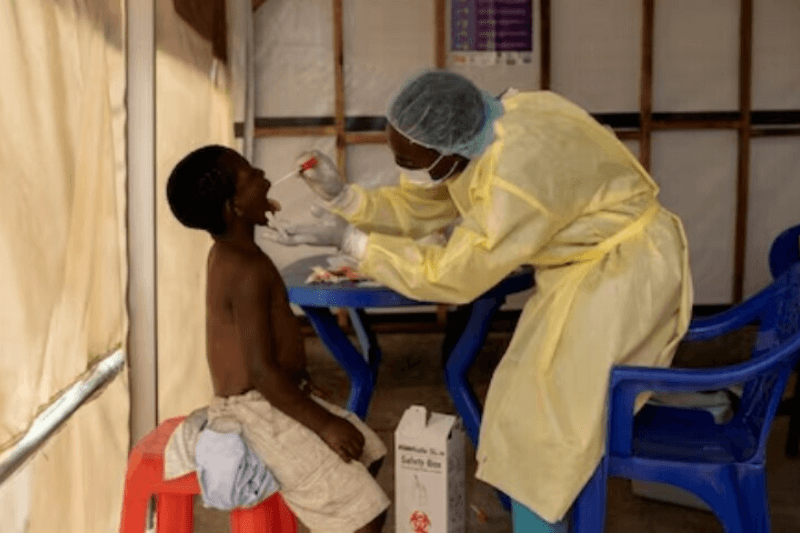Declared a public health emergency in response to the growing MPox epidemic across the African Union, the health watchdog of the union As the virus is spreading quickly, Jean Kaseya, head of the Africa Centres for Disease Control and Prevention (Africa CDC), makes a major call to action with her declaration.
“I declare with a heavy heart but with an unyielding commitment to our people, to our African citizens, we declare mpox as a public health emergency of continental security,” Kaseya said during an online media briefing on Tuesday.
Close contact-based viral disease Mpox causes pus-filled lesions, rashes, flu-like symptoms, Although most instances are mild, the disease can be fatal—especially for young children, pregnant women, and individuals with compromised immune systems. Particularly in the Democratic Republic of Congo (DRC), where it was first found in people in 1970, the virus has been a continual source of health concern for Africa.
The Africa CDC’s announcement corresponds with concerning statistics: since January 2022, the continent has seen 1,456 deaths and 38,465 recorded cases of mpox as of August 4, 2024. Starting with the emergence of an endemic strain called clade 1, the epidemic has now grown with a new variant called clade 1b, which seems to spread more readily through normal close contact.
“This proclamation is a clarion call to action rather than only formality. We have to realize we cannot afford to be reactive anymore. Kaseya stressed the need of being proactive and forceful in our attempts to control and eradicate this threat.
Although the epidemic has been especially severe in the Democratic Republic of the Congo, the virus has also crept into surrounding nations. With almost 15,000 cases and 461 deaths recorded on the continent alone this year, the Africa CDC has issued a warning on the concerning rate of mpox spread on the continent. Compared to the same period last year, this shows a 160 percent rise.
Globally, too, the developing issue has attracted notice. The World Health Organization (WHO) declared a Public Health Emergency of International Concern (PHEIC) in 2022 when a milder strain of the virus spread to more than 100 countries, mostly through sexual contact. The WHO declared that the health crisis had under control ten months later, so ending the emergency, yet questions have resurfaced with the emergence of the new variant.
Keep Reading
On Tuesday, the WHO said that its emergency committee would convene to go over the emergence of this new clade and decide whether to proclaim yet another PHEIC.
The Africa CDC’s announcement seeks to inspire quick and concerted action across the continent to stop additional spread, safeguard vulnerable communities, and lessen the effect of this developing health disaster as Africa confronts this increasing public health concern.

